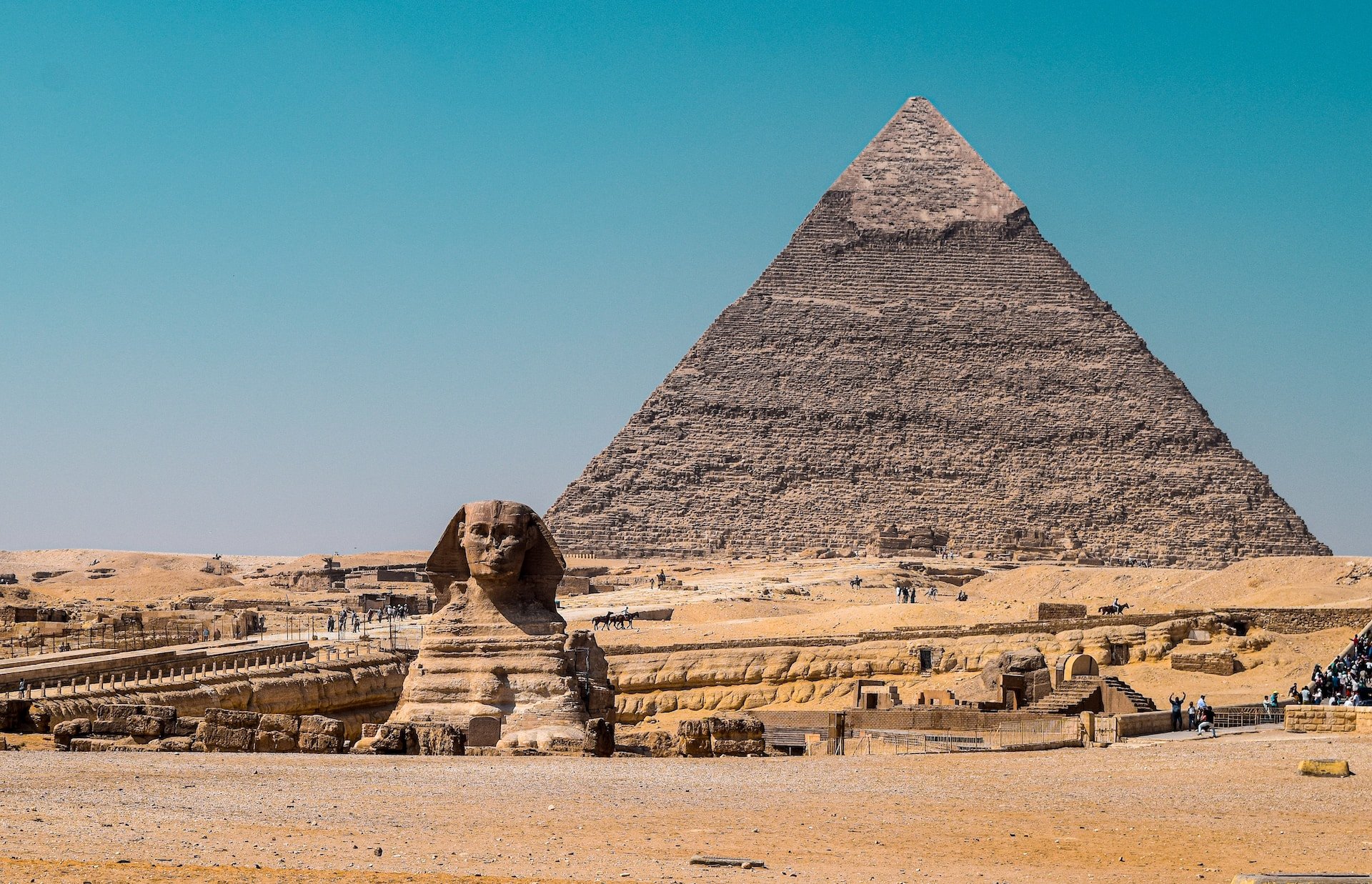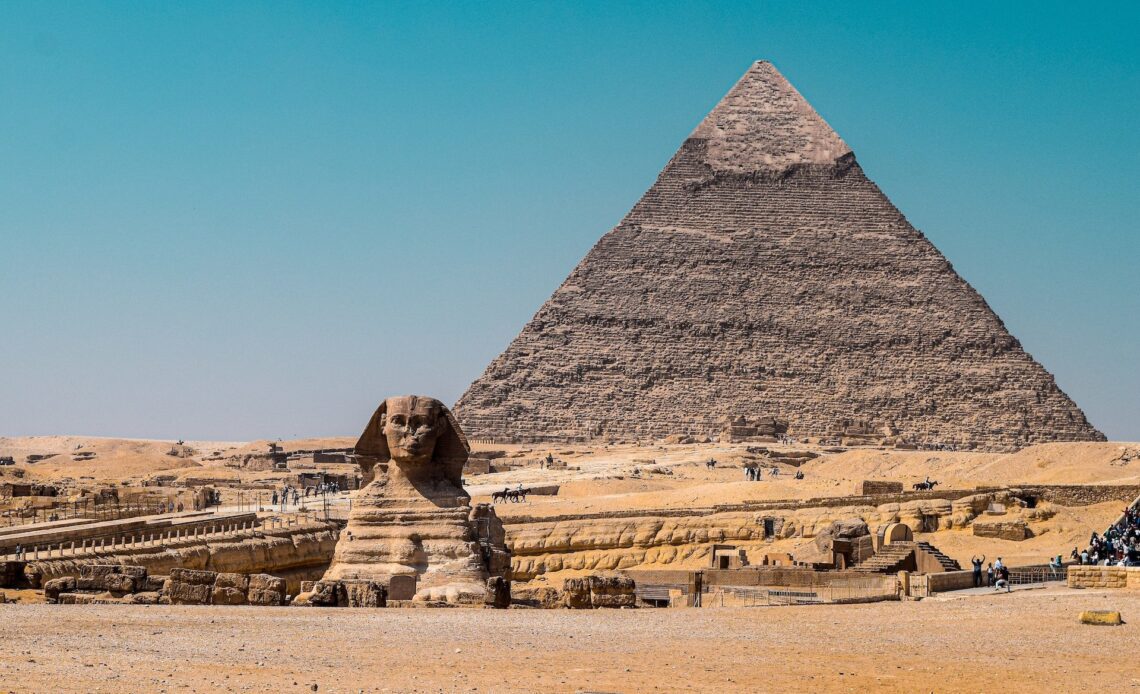Egypt is a bucket-list destination for many travelers, with numerous must-see sites. But one thing no adventure-seeker has on their itinerary is cruelty to animals.
Throngs of tourists have contacted PETA to say that their trips were ruined when they witnessed appalling abuse of the camels and horses who are forced to give rides at some of Egypt’s top destinations.

Many others have posted reviews warning fellow travelers to steer clear of ride vendors.
Their comments include the following:
- “I travel all over the world and have witnessed animal abuse, but what I saw at the pyramids is by far the worst. If you are planning to go first, read up on this. I wish I had done so before. The horses and camels work in deplorable conditions in the heat, no water, no rest, beaten.”
- “Injured camels, forced to work without proper hydration. Not impressed. We brought this to their attention, and the staff ignored us.”
- “Very bad animal welfare on the camels and horses underneath the blankets; they are walking skeletons. Do not ride these poor animals. It is animal abuse.”
- “These poor horses and camels are beat for any reason.”
- “We didn’t ride any camels or horses as after seeing the way they treat them, we didn’t want to contribute to the abuse. The poor animals are worked into the ground, and it’s heartbreaking to see.”
PETA Asia has conducted multiple undercover investigations of operations offering animal rides at Egypt’s most popular stops—including Luxor, Saqqara, and the pyramids of Giza—and has documented pervasive neglect and abuse at every one.
In 2019, eyewitness footage taken at Luxor, Saqqara, and the pyramids of Giza showed horses and camels being forced to haul visitors on their backs or in heavy carriages through choking dust and blistering heat with no shade, food, water, or rest.
When horses collapsed, they were viciously beaten and whipped until they got back up. They suffered from gaping, festering wounds, which were often hidden with saddles or blankets or otherwise disguised.
Most of the camels had been purchased from the Birqash Camel Market, where investigators documented that sellers kept heavy wooden rods in their hands and frequently beat the animals.
Camels had blood pouring from their faces and noses and flies swarming their wounds.
Eyewitnesses learned that once the animals’ bodies were worn out from the…
Click Here to Read the Full Original Article at GoBackpacking…
